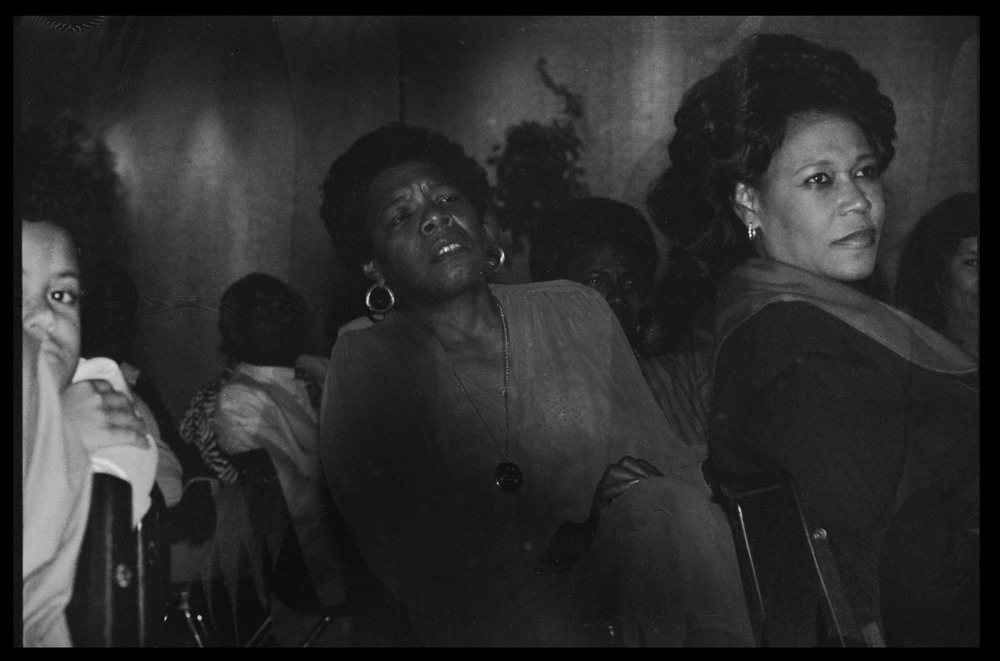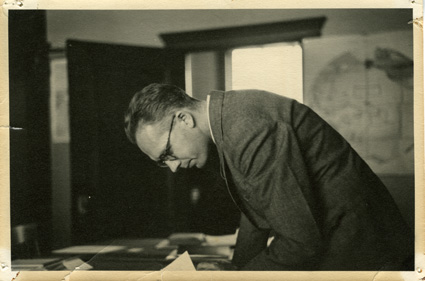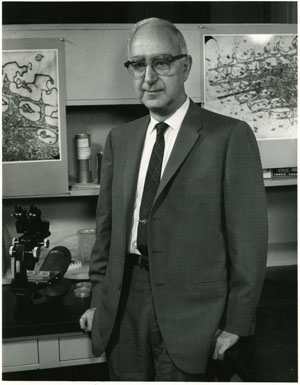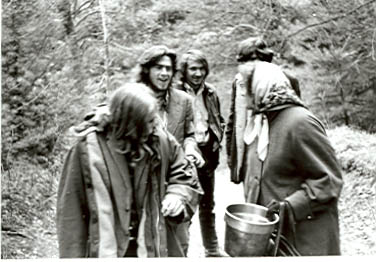Carolyn Martin Shaw Papers
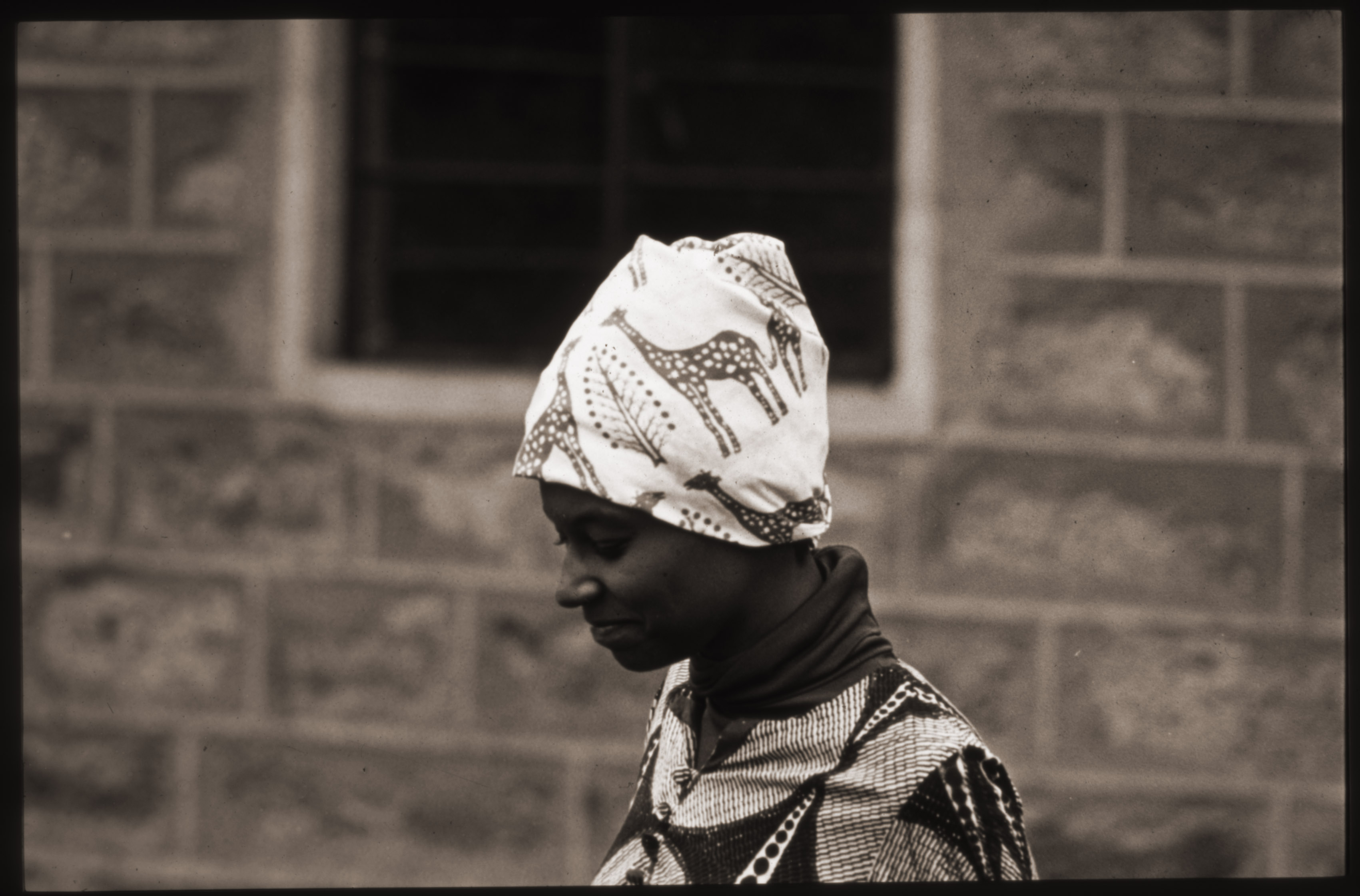
From a childhood spent in a tenement in Norfolk, Va., Carolyn Martin Shaw went on to enjoy a distinguished career as a pioneer in Black Feminist anthropology. Educated in segregated schools, she was an outstanding student, winning scholarship funding to Michigan State University, where she received both her BS (1966) and PhD (1975). Shaw’s dissertation on Kikuyu kinship morality marked several themes that she developed through subsequent research projects in Kenya and Zimbabwe. Based in the Department of Anthropology at UC Santa Cruz throughout her career, she was a productive scholar, publishing dozens of articles and chapters, and two important monographs, Colonial Inscriptions: Race, Class and Sex in Kenya (1995) and Women and Power in Zimbabwe: Promises of Feminism (2015), and she filled a variety of administrative posts, including department chair, Provost of the Kresge residential college, and Chair of the UC system-wide Committee on Privilege and Tenure. She has received numerous awards in her career, including a Fulbright Fellowship to the University of Zimbabwe in 1983-1984, a Danforth Award for Excellence in Undergraduate Teaching, and a McHenry Award for Service to the Academic Senate at UCSC. Shaw retired from UCSC in 2010.
Documenting her work in Black feminist anthropology, the Carolyn Martin Shaw collection includes published and unpublished writing, correspondence, and a wealth of information on her research in Kenya and Zimbabwe. Along with her fieldnotes, research data, and photographs, the collection also includes records of her faculty service at USCS, and awards received for teaching and university service.

